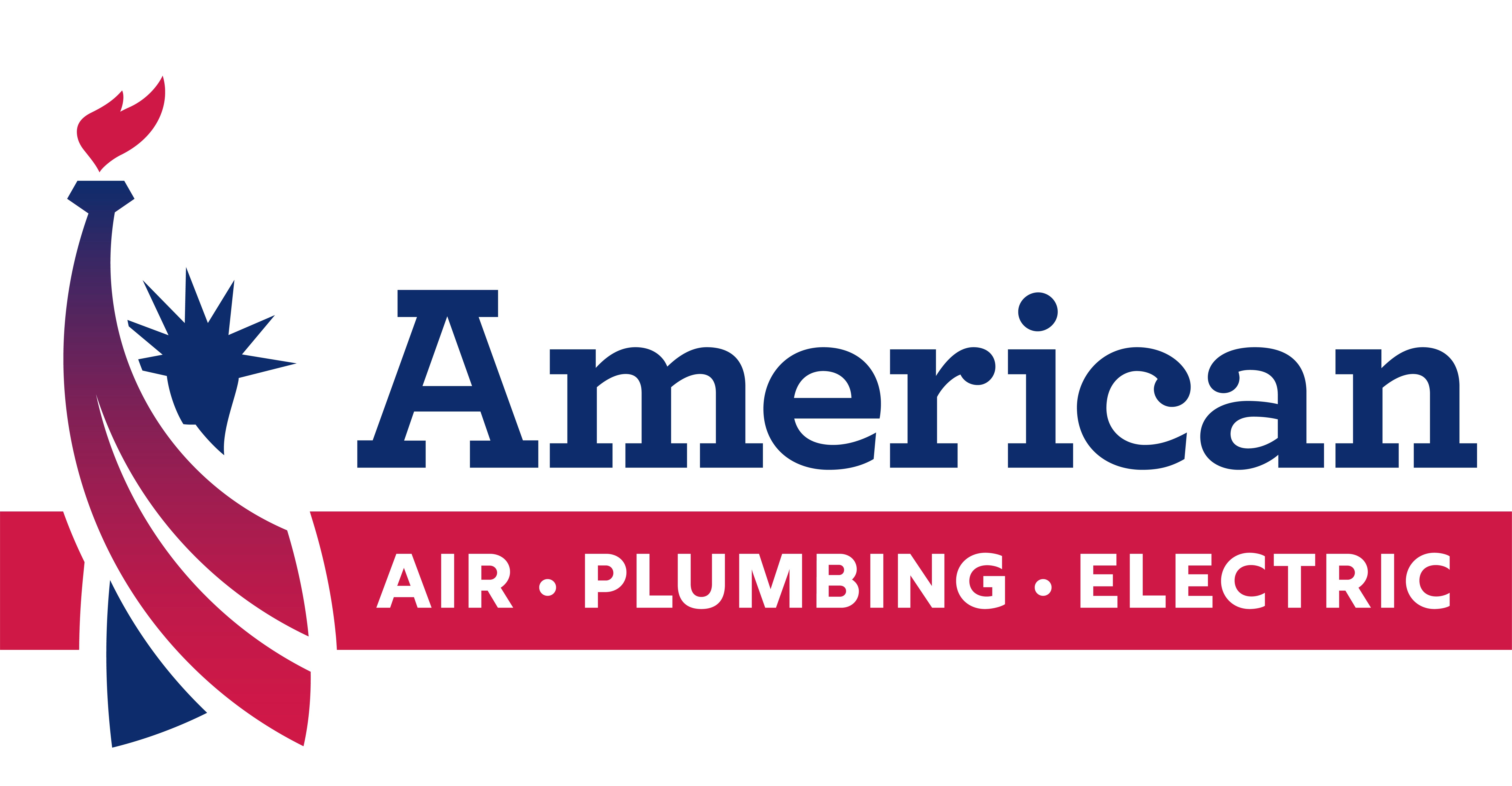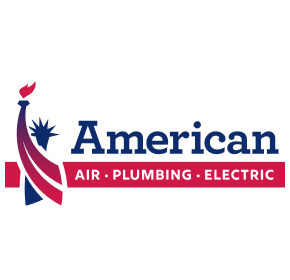According to the Environmental Protection Agency, we spend about 90% of our time indoors. And with the current pandemic, that percentage has likely gone up. That means many of us are increasingly exposed to a variety of indoor allergens like mold spores, dust mites, dander, insect droppings, and more. Due to more conversations about preventing pollutants, and viruses and improving indoor air quality, some are considering air cleaners. If you are one of those people, keep in mind that there are several factors to consider when choosing an air cleaner. To help you out, the pros at American Air, Plumbing, and Electrical have prepared a quick and helpful guide.
Mechanical or Electronic Air Cleaner?
Mechanical air cleaners are what you might think of when you think of air cleaners. They use a mesh filter made of fiberglass or paper—you might have heard of HEPA filters, which mechanical air cleaners can use. Air is drawn to your air cleaner and flows through the filter which traps dust and dirt particles. Mechanical air cleaners can also use filters with different MERV (minimum efficiency reporting value) ratings, usually ranging from 5 to 13. HEPA filters however surpass MERV filters in performance and can filter out 99.97% of particles sized 0.3 or larger.
Electronic air cleaners work completely differently and use a process called ionization. These air cleaners produce negative ions which attach themselves to positively charged dust, pollen, and dander particles which form larger particles. Because of this, the particles become heavier and can fall on the floor or other surfaces where they can easily be cleaned. These now positively charged particles can also be easily trapped by the filter in the air cleaner.
Pros of Mechanical Air Cleaners
- Mechanical air cleaners, especially those with HEPA filters, are considered the most effective.
- They are versatile and come equipped with UV prefilters and can even be found in electronic air cleaners.
- They generally don’t have any harmful byproducts
Cons of Mechanical Air Cleaners
- They require a lot of maintenance and upkeep
- Purchasing and maintaining a mechanical air cleaner is generally quite expensive and time consuming
- HEPA filters can remove dust and dirt but may not be as effective against odors and bacteria
Pros of Electronic Air Cleaners
- They can work in conjunction with HEPA filters, which can be highly effective
- If it doesn’t require filter replacement, they might not require as much maintenance
- Might be able to remove bacteria particles
Cons of Electronic Air Cleaners
- They can release ozone as a byproduct – which can be harmful
- May not be able to remove odors and smell
- They use up a significant amount of energy
Are you still having difficulty deciding which air cleaner is right for you? Don’t worry because the pros at American Air, Plumbing, and Electrical are here to help! Call us today at (407) 603-4410 or schedule a service with us on our website! We are excited to hear from you!

